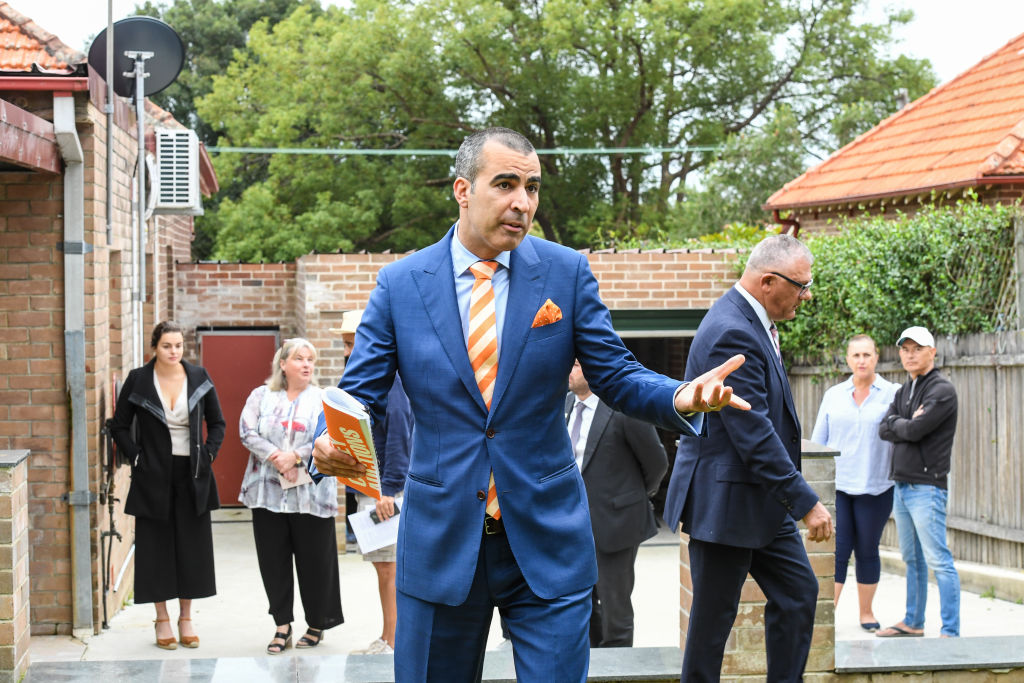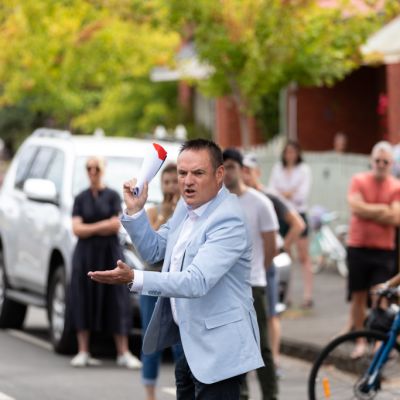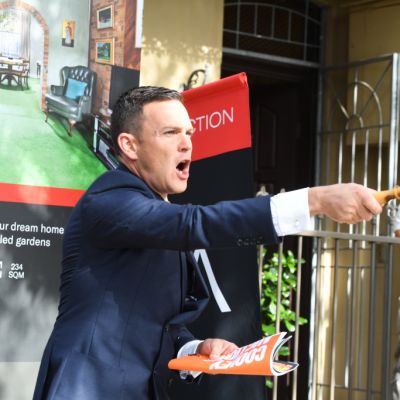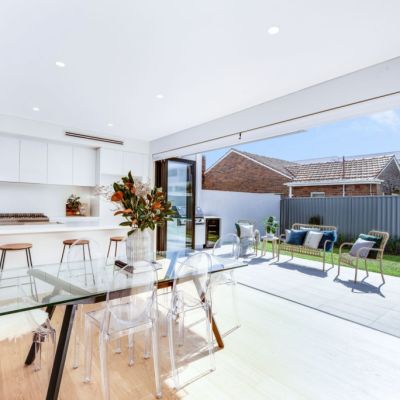How to buy a property before auction, and when you shouldn't do it

It’s tough for buyers to compete at auction in a seller’s market when clearance rates are above 80 per cent and results are exceeding price guides.
One tactic some buyers attempt is making an offer enticing enough to convince a vendor to sell early.
The proportion of properties that sell prior to auction tends to be higher when prices have increased rapidly, as buyers anticipating further rises become eager to secure a home, and vendors can’t resist impressive offers.
When prices were last peaking in 2017, about 30 per cent of Sydney properties and 15 per cent of Melbourne properties going to auction sold prior, Domain data shows.
In late 2018, when prices bottomed out following the credit crunch, only 18 per cent of Sydney properties and 10 per cent of Melbourne properties scheduled for auction sold beforehand.
With rock-bottom interest rates pushing prices to new highs and hordes of buyers competing for the few properties for sale, more than a quarter of Melbourne vendors and third of Sydney vendors auctioning homes this year have sold prior.
When to make an early offer
Melbourne buyer’s advocate Wendy Chamberlain says a fear of missing out is behind the recent surge. She says an offer pitched at the right stage in an auction campaign could prevent dozens of buyers from even seeing the property, let alone competing for it.
“It’s a way to cut out competition,” Chamberlain says. “You may end up paying a little more than you would otherwise comfortably pay, but under auction conditions you may end up paying way more.”
Vendors seeking a quick result are more likely to accept offers.
“Maybe they’ve purchased elsewhere and have committed to a settlement date,” Chamberlain says. “Older people potentially will be happier to sell early because they can get really stressed by the sales process.”
Properties in tightly held areas that appeal to a wide variety of buyers could be better bought before auction, says Sydney buyer’s agent John Carew.
“They’re the properties that are more likely to run away price-wise,” he says. “They’re the properties that would bring people out who aren’t even actively searching.”
An offer needs to be high enough to convince a vendor that it’s their best option, but not so high as to risk a bank valuation shortfall. Buyers should consider very recent comparable sales as well as vendor expectations, Carew says.
“If a property is guided at $1.8 million, there’s not much point in making a pre-auction offer of $1.8 million,” he says. “If it’s guided at $1.5 million and you think it’s worth $1.8 million, it might be a very different story.”
Big offers too early in the campaign could have the undesirable effect of raising vendor expectations, Chamberlain says.
The sweet spot is the middle of a campaign, according to Carew.
“If an agent starts approaching you later in the campaign about making offers, that’s often a sign they may be getting a little nervous, and looking for a bird in the hand to get a deal wrapped up.”
What to expect when making an offer
Buyers planning on acting early need an understanding of the agent’s process for pre-auction offers.
Agents are obliged to bring all offers to their client, and when a vendor is likely to accept, other serious buyers are often given the opportunity to compete. “Some agencies will divulge the price and some won’t,” Chamberlain says.
Motivated buyers in the later stages of their search are most likely to submit attractive pre-auction offers, says real estate agent Alexander Phillips, of Phillips Pantzer Donnelley.
“The best buyers are the ones who have been burned, who have missed out on other properties and have urgency coming through early on.”
Some agents may choose to bring the auction forward, holding a boardroom auction with interested parties. At other times buyers may find themselves in a blind auction.
“The pre-auction offer is still an auction in a way,” Phillips says. “In the background there’s been an auction happen before the auction. We get offers in writing and we knock out all the other buyers until we get the highest bidder.”
Pre-auction offers subject to finance approval are less likely to be accepted in a hot market.
“It’s very rare you can get those through,” Chamberlain says. “Why would a vendor kill their momentum? They want clean offers.”
We recommend
States
Capital Cities
Capital Cities - Rentals
Popular Areas
Allhomes
More
- © 2025, CoStar Group Inc.










